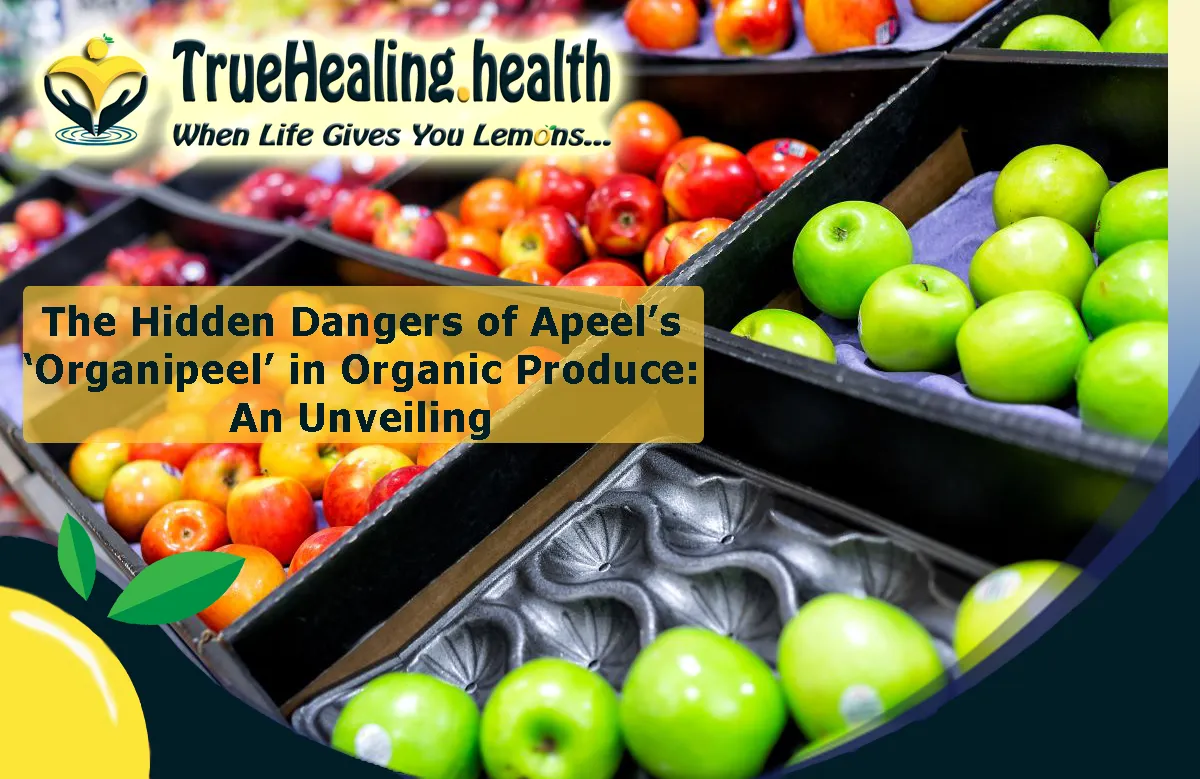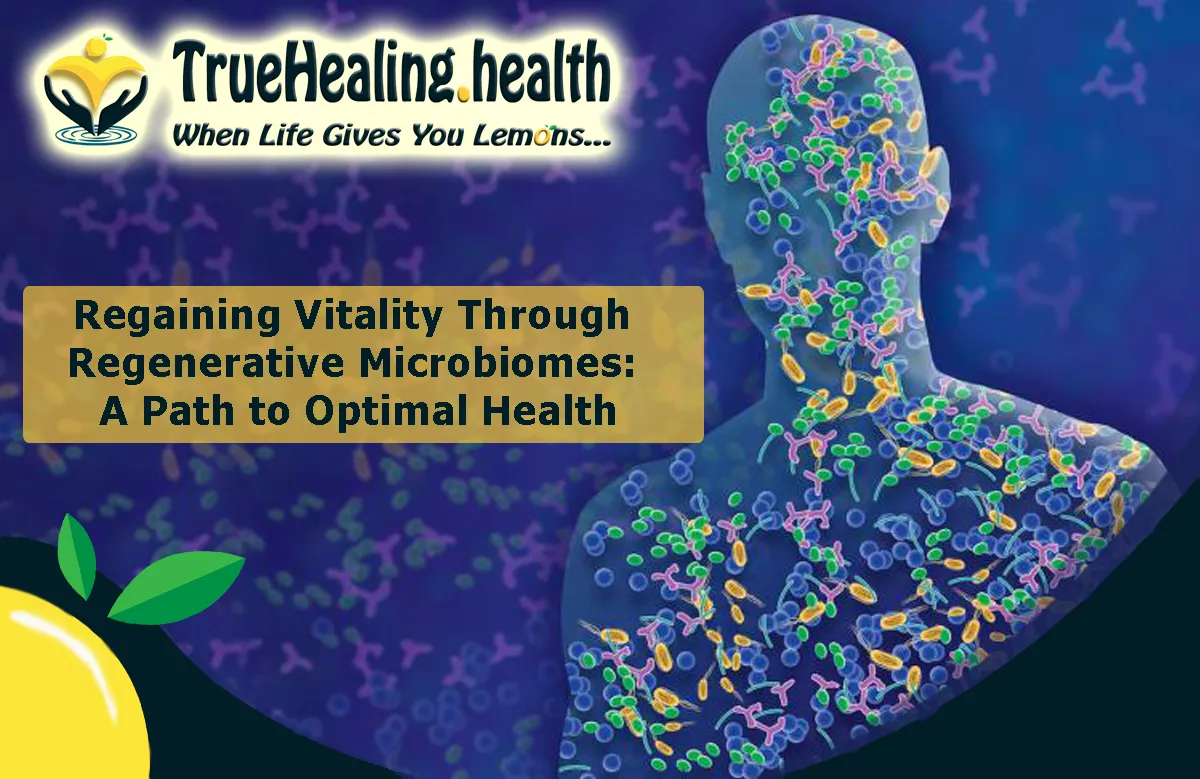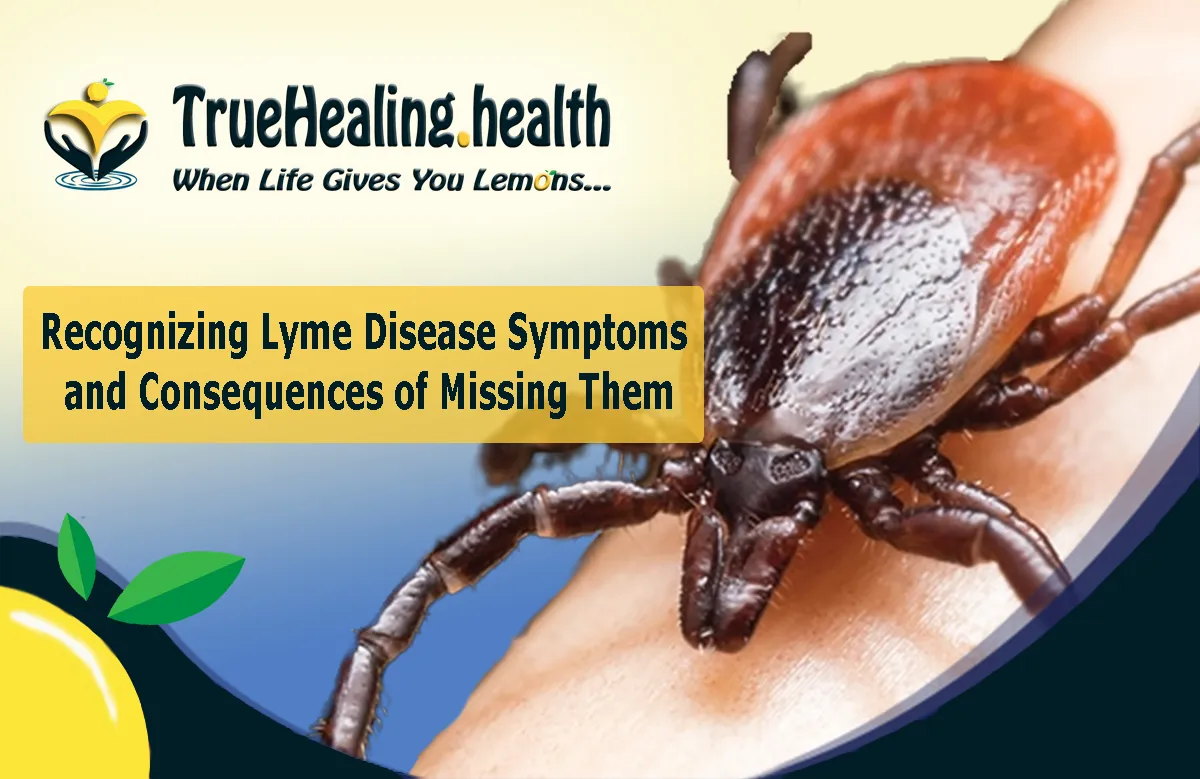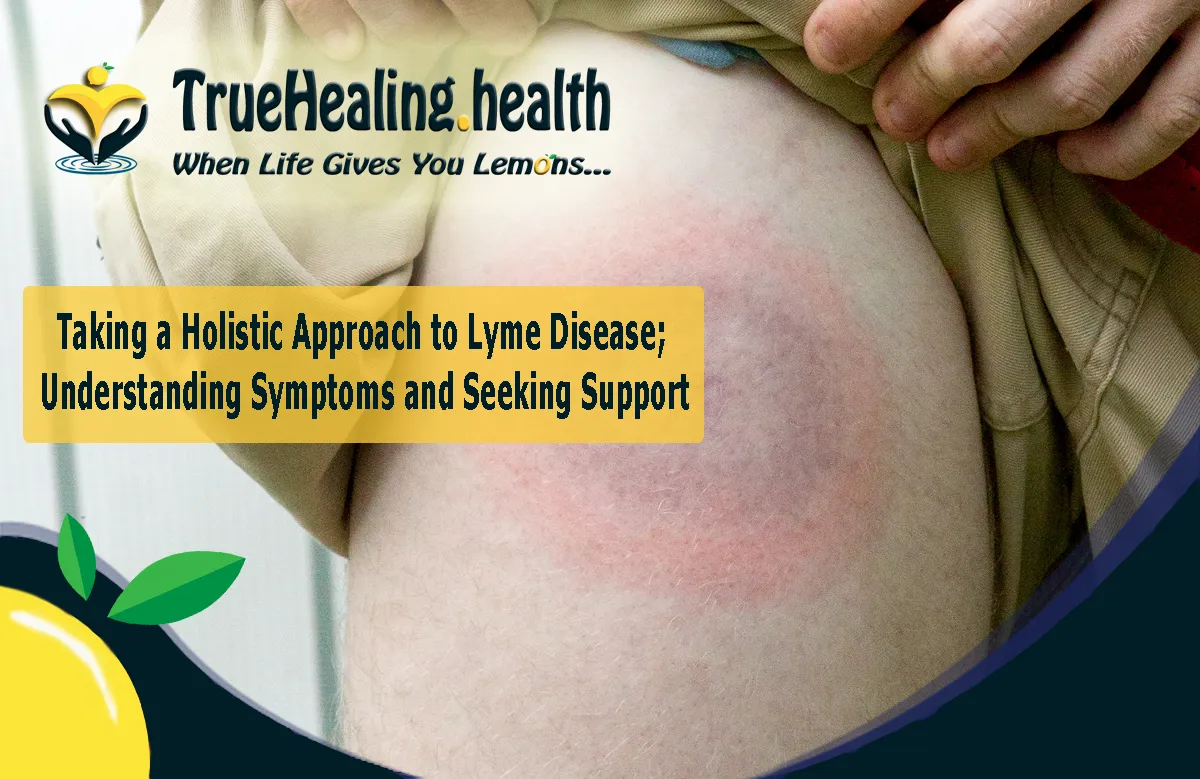The Hidden Dangers of Apeel’s ‘Organipeel’ in Organic Produce: An Unveiling
This blog post delves into the concerns around ‘Organipeel’ – a chemical substance produced by a company called Apeel, seemingly disguised as a protective layer on organic products. The composition and the potential implications of this chemical have raised eyebrows in the organic industry. The post is worth reading, as it uncovers aspects of organic produce that are often skimmed over, providing readers and B2B wholesalers with a detailed understanding of the ingredients they handle and trade.
Content List
- What is Organipeel?
- Who is Behind Organipeel?
- What Does Organipeel Contain?
- What is the Origin of Organipeel’s Ingredients?
- How Safe is Organipeel for Human Consumption?
- What are the Potential Health Implications of Organipeel?
- What Does the European Food Safety Authority Say About Organipeel’s Main Ingredient?
- What Does this Mean for Organic Products and Consumers?
- How Does Organipeel Impact the Wholesale Organic Produce Market?
- The Future Direction of Organipeel: A Cause for Concern?

What is Organipeel?
Organipeel, also known as Edipeel, is a product of Apeel Sciences. It is a protective coating used on organic produce. While it has been given the go-ahead by the Organic Materials Review Institute (OMRI), questions have arisen regarding its organic nature.
Who is Behind Organipeel?
Perhaps unsurprisingly, global influencers like the World Economic Forum (WEF) and Microsoft billionaire Bill Gates are backers of Organipeel. These entities played a significant role in convincing USDA to approve its use on organic products.
What Does Organipeel Contain?
Organipeel is known to contain only 0.66% citric acid; the remaining 99.44% has been a mystery. Although citric acid is permitted in organic products because it is not synthetically derived, the rest of Organipeel's formula remains unclear.
What is the Origin of Organipeel’s Ingredients?
An alarming revelation is that Edipeel (another name for Organipeel) contains ingredients derived from toxic solvents, capable of leaving residues of mercury, cadmium, and other poisons on food items.
How Safe is Organipeel for Human Consumption?
The main ingredient of Organipeel, Monoacylglycerides, is derived from grape seeds. However, these are extracted using several toxic solvents in Apeel's methods, which could potentially leave harmful residues in the end product.
What are the Potential Health Implications of Organipeel?
Organizations such as the WEF and Gates insist that Monoacylglycerides, a main component of Organipeel, are safe for consumption. Contrarily, studies suggest they might be associated with a carcinogenic carcinogen named Glycidol and correlated with diabetes.
What Does the European Food Safety Authority Say About Organipeel’s Main Ingredient?
The EFSA has reviewed Monoacylglycerides, labeled as E 471 in food items in Europe, and concluded that exposure to toxic elements resulting from consumption of E 471 could be substantial.
What Does this Mean for Organic Products and Consumers?
The organics industry has been rocked by these revelations, with the potential health implications of Organipeel raising concerns for consumers and B2B wholesalers alike.
How Does Organipeel Impact the Wholesale Organic Produce Market?
Organipeel undoubtedly has a significant impact on the organics market, especially with a value of $2 billion in 2021. However, the concerns about its toxicity have cast a shadow on its actual benefits and have raised questions about transparency in the organics industry.
The Future Direction of Organipeel: A Cause for Concern?
James Rogers, CEO of Apeel, suggested in 2018 that Apeel would soon use ‘Synbio’ to produce Organipeel instead of extracting it from agricultural by-products, further raising concerns about its ultimate impact on health and the environment.
Important points:
- Organipeel, a protective layer on organic produce, has raised concerns due to its unclear composition.
- Backed by the WEF and Bill Gates, Organipeel's main ingredient Monoacylglycerides is linked to potential carcinogens.
- Organipeel's ingredients are derived from toxic solvents, posing potential health risks.
- The EFSA has warned about the substantial exposure to toxic elements from Monoacylglycerides.
- This situation has significant implications for the wholesale organic produce market, raising questions about transparency and safety in organics.
- Apeel's future plans to use ‘Synbio’ for Organipeel production might further compound these concerns.
Hashtags:
#Organipeel #Apeel #OrganicProduce #WEF #BillGates #FoodSafety #B2BWholesale #OrganicMarket #EFSA #Synbio #Glycidol #TransparencyInOrganics #FoodPreservatives #truehealing

















